The Top 3 US Brain and Cognitive Science University Programs
eLearningMind
SEPTEMBER 28, 2015
We’ll be honest: There’s a huge difference between someone with a passing interest in neuroscience and someone who eat, sleeps, and breathes all things brain and behavior. After all, who better to advise on how best to make learning really stick than those individuals who have a deep and expert knowledge of the way the brain works?


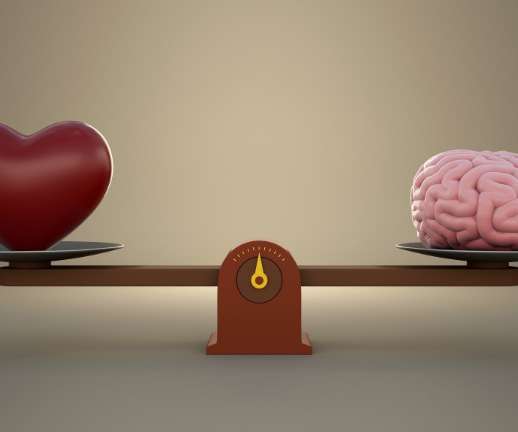
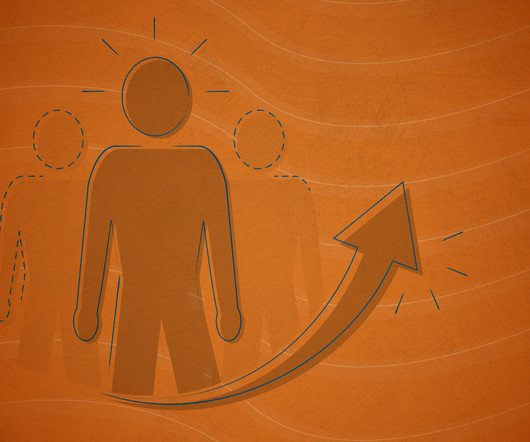

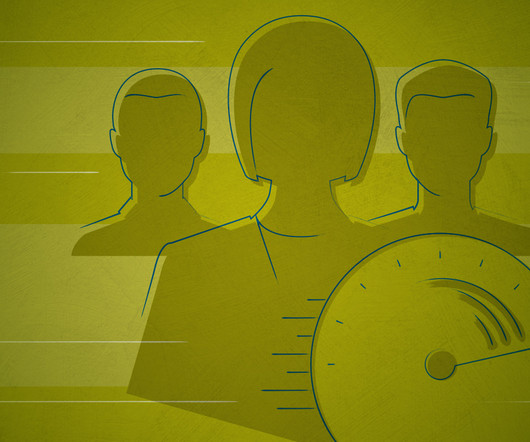
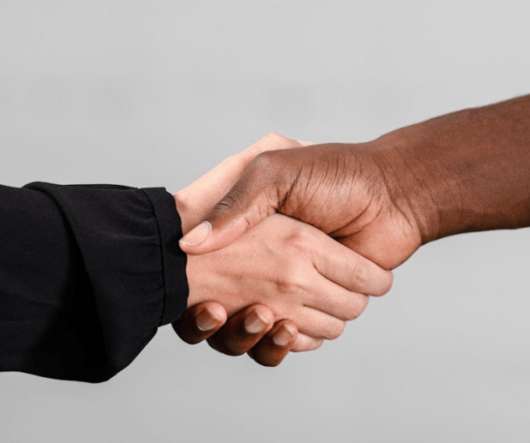


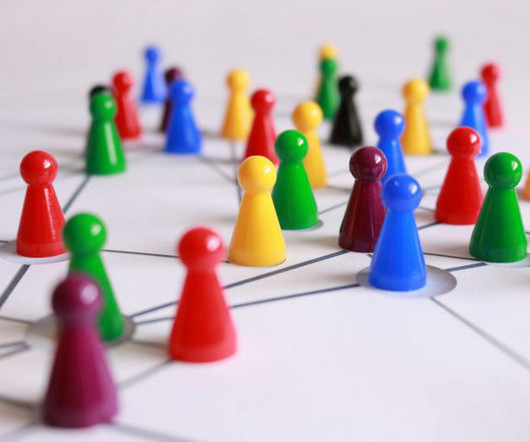
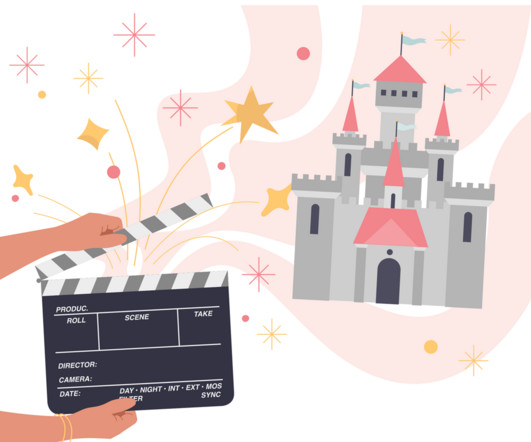







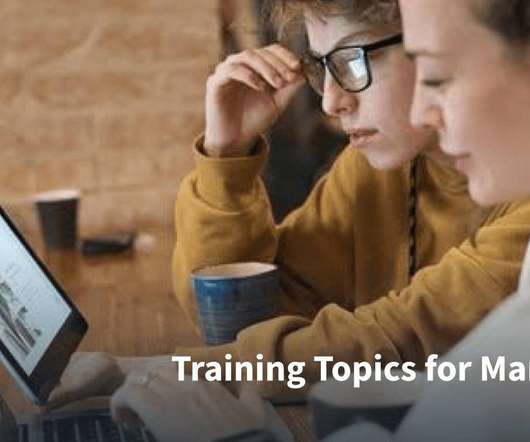
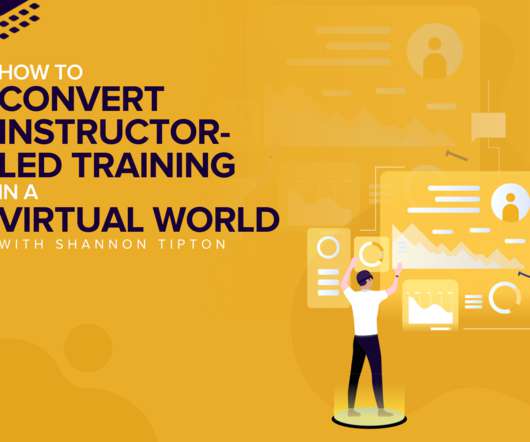


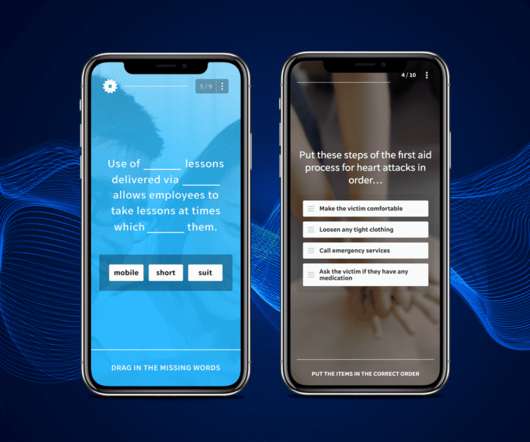

















Let's personalize your content